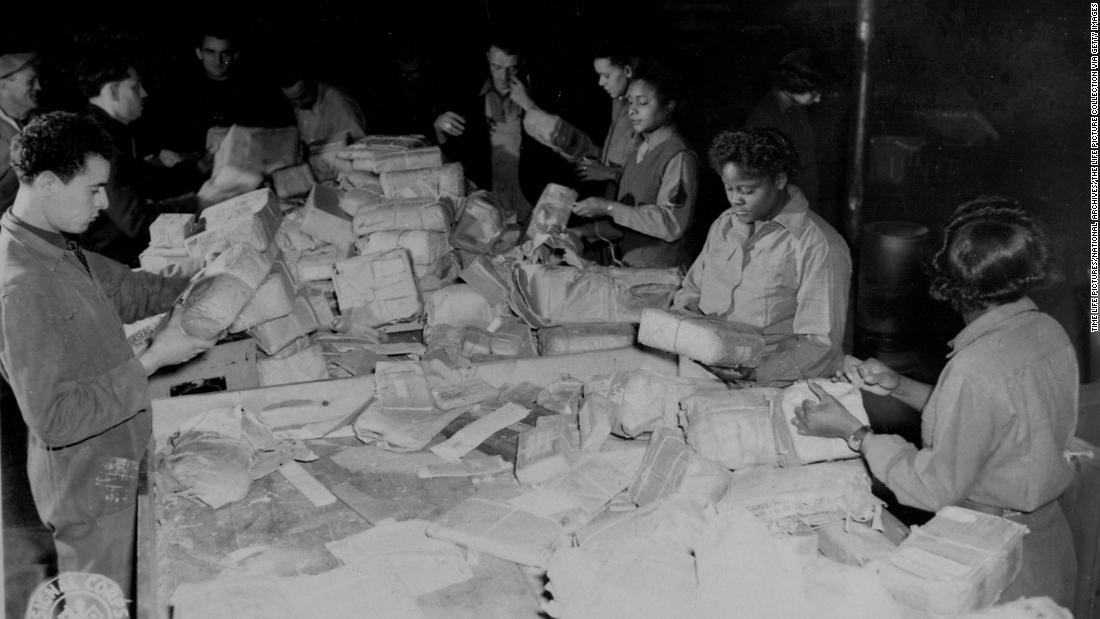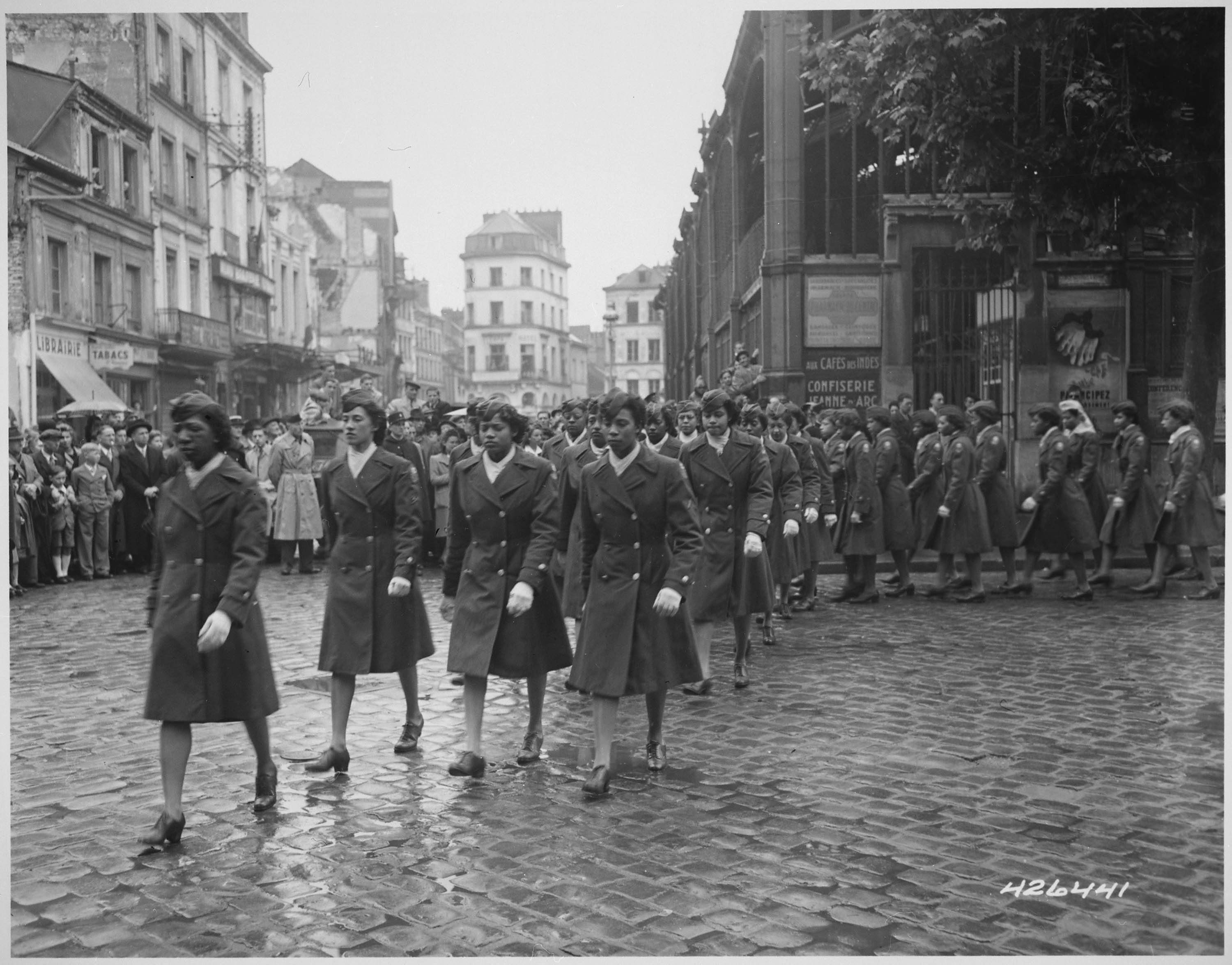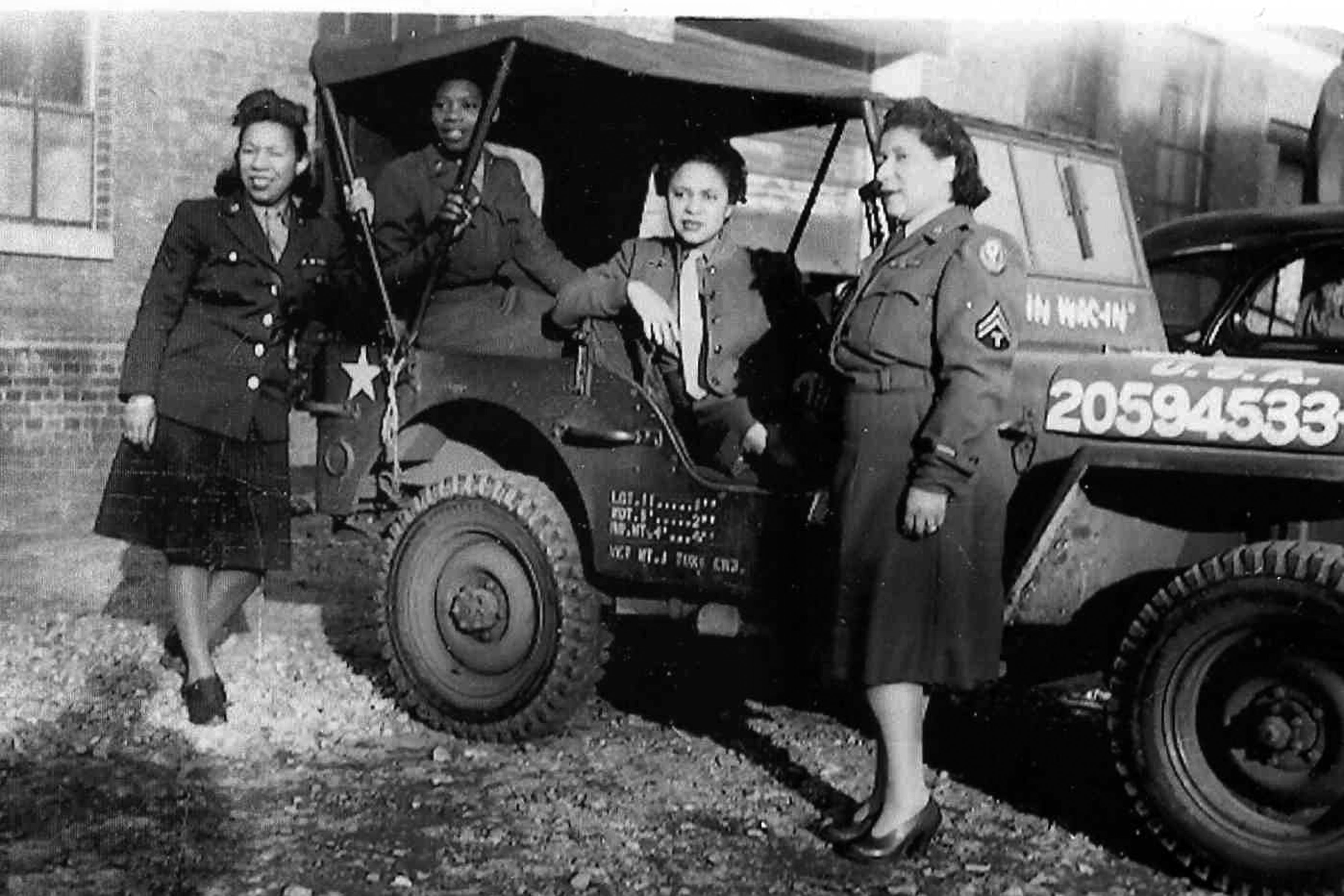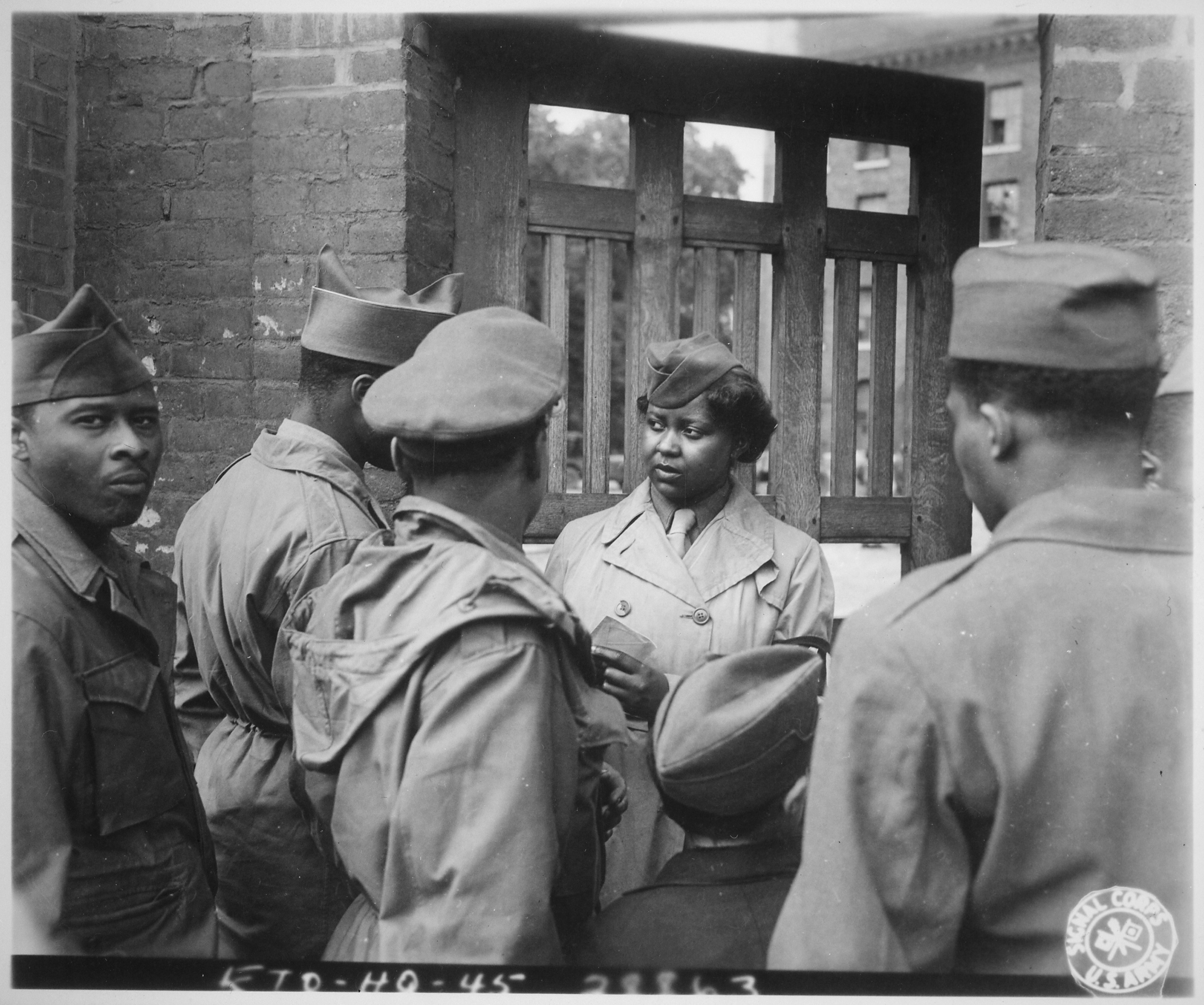When the Mail Stops During War
By Cleo Lampos
“The Post Office, War and Navy departments realize fully that frequent and rapid communication with parents, associates and other loved ones strengthens fortitude, enlivens patriotism, makes loneliness endurable and inspires to even greater devotion the men and women who are carrying on our fight far from home and friends.”
-1942 Annual Report to Postmaster General
By 1945, 2.5 billion pieces went through the Army Postal Service and eight million pieces through Navy post offices. The men counted on getting their letters of encouragement from home. Their loved ones needed to know that their military man remained safe. As long as the system worked, morale remained high.
But what if a glitch in the transmission of mail existed and mail call disappointed the men?
What then?
In February 1945, the unthinkable happened. Warehouses in Birmingham, England, piled high with millions of pieces of mail. Undelivered Christmas packages and an endless tsunami of incoming envelopes increasing the chaotic paper mess. Servicemen, U.S. Government personnel, and Red Cross workers languished from the lack of letters from home. The system was in chaos.
Who could make sense of such a mess?
Within the U.S. Army was a battalion of 817 African-American enlisted personnel and 31 officers formed from the WAC, the Army Service Forces and the Army Air Forces. Their unit was created and designated as the 6888thCentral Postal Directory Battalion, nicknamed the SixTriple Eight. They trained for their duty as any other soldier.
On February 3rd, these recruits sailed for Britain, surviving close encounters with Nazi U-boats and German V-1 rockets. When the women of the Six Triple Eight arrived in Birmingham, they set to work in warehouses stacked to the ceiling with letters and packages. Working conditions in the unheated, dimly-lit buildings with blackout curtains prompted them to wear long johns and extra clothing under their coats. They tried to fight off the rats seeking out packages of spoiled cakes and cookies. The unit members worked three separate eight-hour shifts around the clock, seven days a week.

The difficulty of the job did not overwhelm them. They tracked individual service members by maintaining about seven million information cards including serial numbers to track different individuals with the same name. 7,500 men named “Robert Smith” needed to be differentiated. The postal workers investigated insufficiently addressed mail for clues to determine the intended recipient. They handled the solemn duty of returning mail of deceased servicemen. The unit worked diligently, knowing that the motto was true: “No mail, low morale”.
The Six Triple Eight resided in quarters, mess halls and military recreational facilities that were segregated by the US government and the Red Cross. However, the English local people welcomed them into their homes for tea and into the British public spaces with prim and proper friendship.
Under these conditions, the 6888thCentral Postal Directory Battalion created a new tracking system that processed an average of 65,000 pieces of mail per shift and cleared the six-month backlog of mail in three months. They linked the servicemen with their loved ones back home. Until the end of the war, these African-American women continued to astound the government with their success and efficiency in solving the military’s postal problems.
In writing the book, A World War II Holiday Scrapbook, Gail Kittleson and I researched the importance of mail to the men and women overseas. Reading the accounts from those of the Greatest Generation who received packages and letters brought tears to my eyes and gratitude for those who gave so much for freedom. The stories in this book highlight the mail sent during holidays for deployed loved ones until ’46. Undoubtedly, some of this postal material was handled by the Six Triple Eight.

As Hallmark Cards reminded the homefront: “Keep ‘em happy with mail.”
“Christmas Greetings! May the New Year hold for you the best of everything that peace and freedom bring.” – Message on WWII Navy Christmas card



***https://history.army.mil/html/topics/afam/6888thPBn/index.html
Four members of the 6888th. Source: United States Department of Defense.

https://www.cnn.com/2020/07/20/us/6888th-battalion-african-american-women-world-war-ii/index.html

Loved reading about this. Today’s USPS could sure stand a lesson or six from these devoted women.
Thank you for bringing this story of our history to light. In Saudi Arabia, I valued and looked forward to receiving mail so I know personally how important the distant connections to home meant.
Thank you so much for sharing this fascinating story. I never heard of this unit of devoted women before, before but my dad served in the Air Force and we loved getting letters from him.
My first thought after reading this story, was when you have a tough job to do, send in the women. When you have an impossible job, send in the African American women. To think of these working conditions makes you marvel at their productivity. To think of the discrimination these women faced, as African American women, and yet the kind way they were treated by the British people, I’m inspired. My son served in the Army in Iraq and always looked forward to a letter or package from home. God bless these women and their legacy.